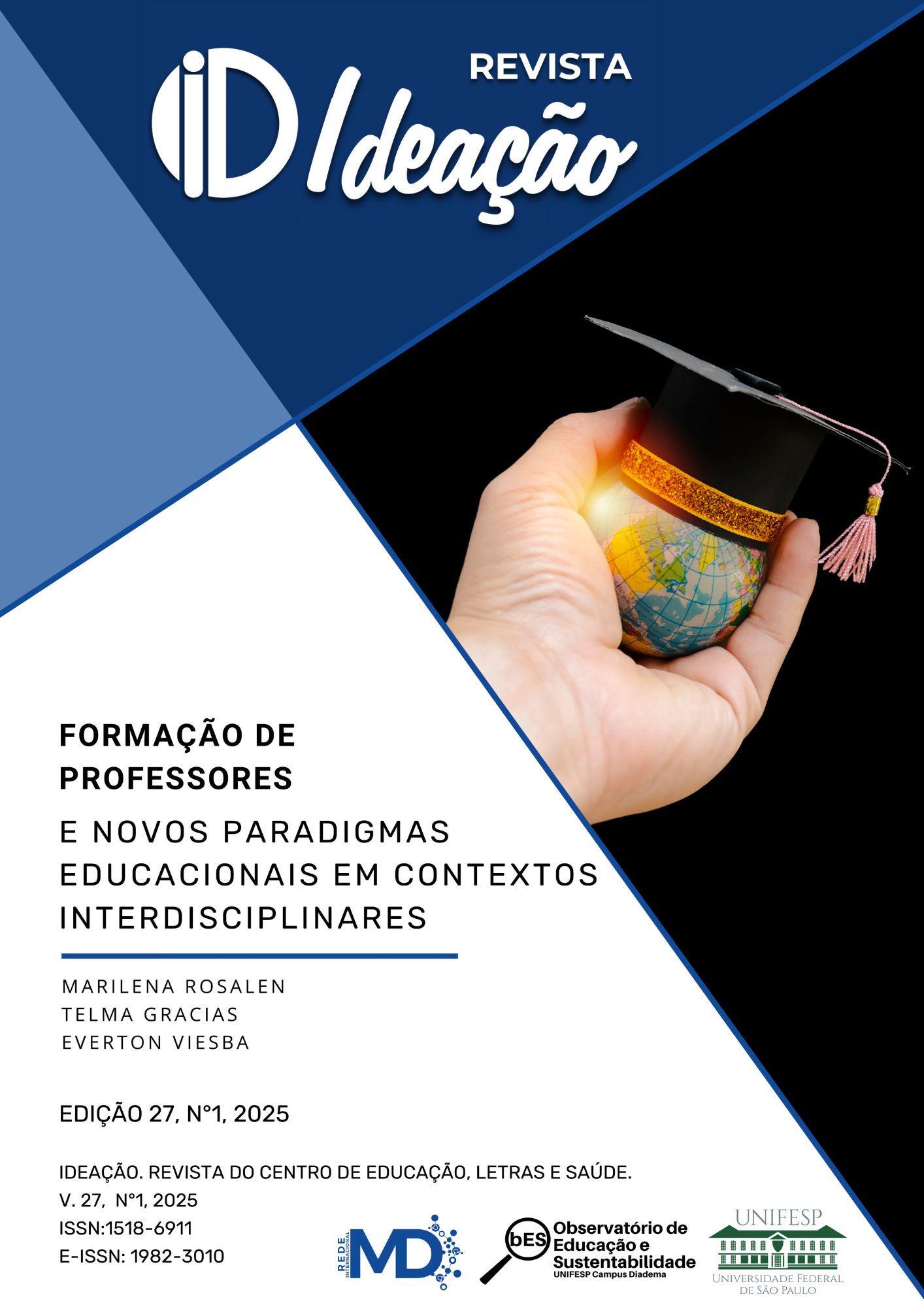TRAINING PROFESSIONALS FOR EDUCATIONAL WORK WITH CHILDREN AND ADOLESCENTS IN A FOSTER CARE INSTITUTION
DOI:
https://doi.org/10.48075/ri.v27i1.34800Keywords:
Professional training, foster care institutions, non-formal educationAbstract
This ongoing research analyzes the regulatory documents of a foster care institution in Florianópolis, with a focus on educational legislation and public social policies that guarantee the rights of children and adolescents, highlighting the importance of contributing to the discussion on training and professional development, in order to fully meet the needs of foster children in this context of non-formal education. The analysis of the historical-documentary context aims to understand the trajectory of the institutionalization of foster care in Florianópolis, identifying the different conceptions of care, the public policies that marked this trajectory, the pedagogical practices implemented and the need for specific training, guaranteeing the quality of education and the full development of those in foster care. Using a qualitative methodology, based on document analysis and data collection, the aim is to understand the history of foster care and to investigate how document analysis and legislation allow us to construct a history of foster care institutions in the city. The research, based on references such as Le Goff and Luciano Filho, seeks to answer the following questions: how can professional training include content and approaches that meet the specific needs of foster children? What methodologies are best suited to working with vulnerable children in this educational context? It is hoped that this research will contribute to understanding the reality of education in foster care institutions, supporting the development of public policies and programs that strengthen training, promote quality educational care and guarantee the social rights of children in foster care.
Downloads
Published
How to Cite
Issue
Section
License
Copyright (c) 2025 Direitos partilhados conforme licença CC BY-NC-SA 4.0

This work is licensed under a Creative Commons Attribution-NonCommercial-ShareAlike 4.0 International License.
Authors who publish in this journal agree with the following terms:
1. Authors maintain copyright and grant the journal the right of first publication, with the work simultaneously licensed under the Creative Commons Attribution License that allows the sharing of the work with recognition of authorship and initial publication in this journal.
2. Authors are authorized to assume additional contracts separately, for non-exclusive distribution of the version of the work published in this journal (e.g., to publish in an institutional repository or as a book chapter), with acknowledgment of authorship and initial publication in this journal.
3. Authors are allowed and encouraged to publish and distribute their work online (e.g., in institutional repositories or as a personal page) at any point before or during the editorial process, as this may generate productive changes, as well as increase the impact and citation of the published work (See The Effect of Free Access).
Creative Commons License
This work is licensed under a Creative Commons Attribution-Noncommercial-ShareAlike 4.0 International License, which permits sharing, copying, distributing, displaying, reproducing, the whole or parts provided it has no commercial purpose and the authors and source are cited.


